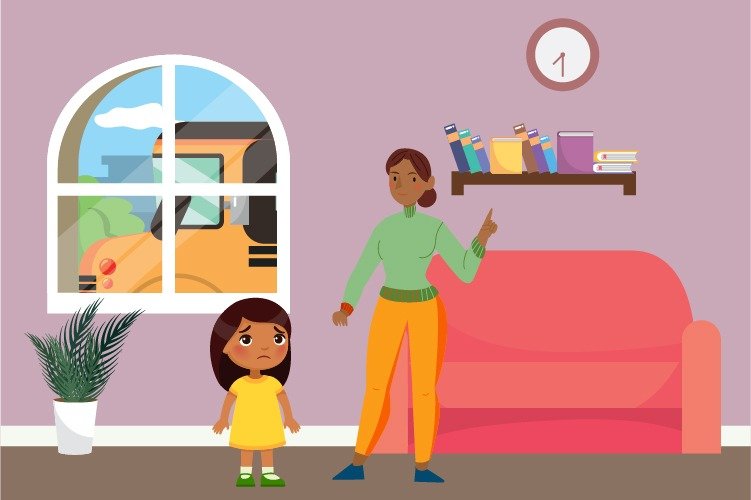Yes, even when you don’t believe and would think of re-reading the topic, the truth is we should try to stop asking our preschoolers to share and take turns. Just telling the preschoolers would not do any major good but showing the same on day to day basis may add value to the pro- social act.
- Don’t tell but show and do it yourself
There are several statements that we have always heard, like ‘Children do what they see and not what they are instructed to’ and ‘Children learn what they live’. These things have significant impact in day to day lives and it has to be taken up in such a way. If the kids observe such acts of sharing and turn taking in daily life, there is a greater probability of them doing the same with their peers at school and at home. The whole idea is to make them disciplined and learn to solve the problems operating at friend’s level as per their own learnt skills and understanding without any coercion and threatening act from parents and educators. Hence, the preschool facilitators at Junior Delhi School, make it often a priority to make the learners learn the basic prosocial behavior by gently showcasing same in school and urge the parents to make it a part of home habit.
- Be careful that Children don’t take the prosocial act of sharing as Self- interest driven methods
There are several findings that show that five year-old pre-schoolers’ sharing choices take into account the anticipated reciprocity of the recipient. It suggests that teaching them to share with others, they somehow pick up it in a way where their sharing which is actually a pro-social behaviour becomes a thoughtful and self- interest driven reciprocity. Specifically, they adjust their sharing behaviour depending on whether a partner has the potential to share back, and whether it is worth and is of any value.
- Reinforcing the act of sharing and turn taking may not always lead to what we think
Sometimes, our little toddlers and ongoing pre-schoolers stumble upon one same thing they wish to use. Where one may be dominant, other resort to fight, whereas some may just cry for the thing they need. Don’t they, right?
While there is a ‘problem’ and individual differences in children as to how they perceive and react to it, it is generally seen that when the extreme emotions of crying, aggression is showcased, that takes power over the situation. The child who is in peace and may be hesitant would give away the toy or book that is present to the other child who is angry or is crying. They sub -consciously learn that getting aggressive and crying can work as tools to get what you want and it may transcend to other situation and settings as well.
Hence, the idea of Sharing and caring gets dominated and subdued by Emotional heat of moment.
Also, the educators in case if oversee the reason behind the sharing, may appreciate the child for sharing the object and reinforce the behaviour creating a cognitive confusion in children as to why it got reinforced? For sharing or for becoming submissive to the overpowering situation and person. The child is very young to understand it and without processing may go on. At Junior Delhi School, Educators carefully try to reason out, interact and bond well with pre-schoolers to understand how they act in such situations and cautiously reinforce.
- Turn Taking is important and so is Assertiveness and Wait time
Subsequently, we need to take care that while teaching turn taking, it is also our responsibility to teach how to be assertive, expressive and confident individuals. Teachers may use the wait-time technique to aid communication while giving everyone required time to respond and then also being aware of turn taking. It is so that the child understands that turn taking is not a hush hush act, and involves patience, proper expression of oneself and others.
1.png)

